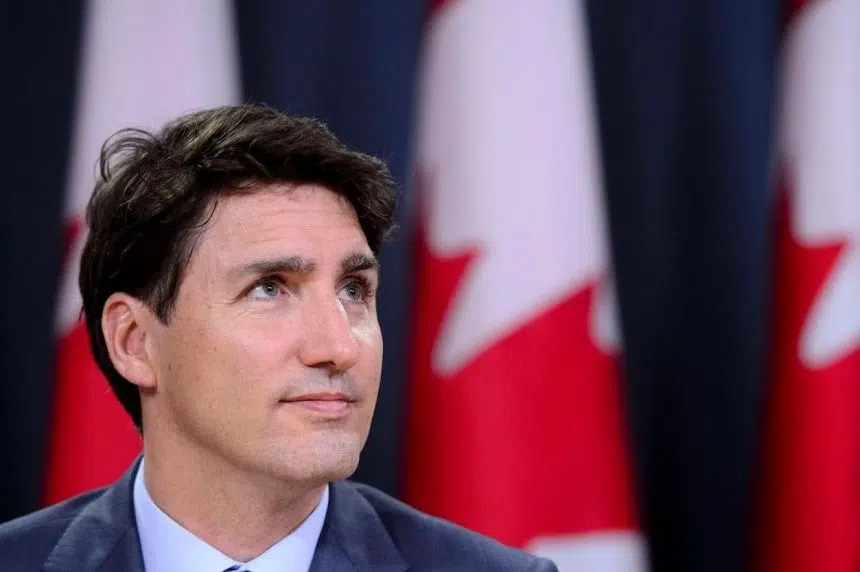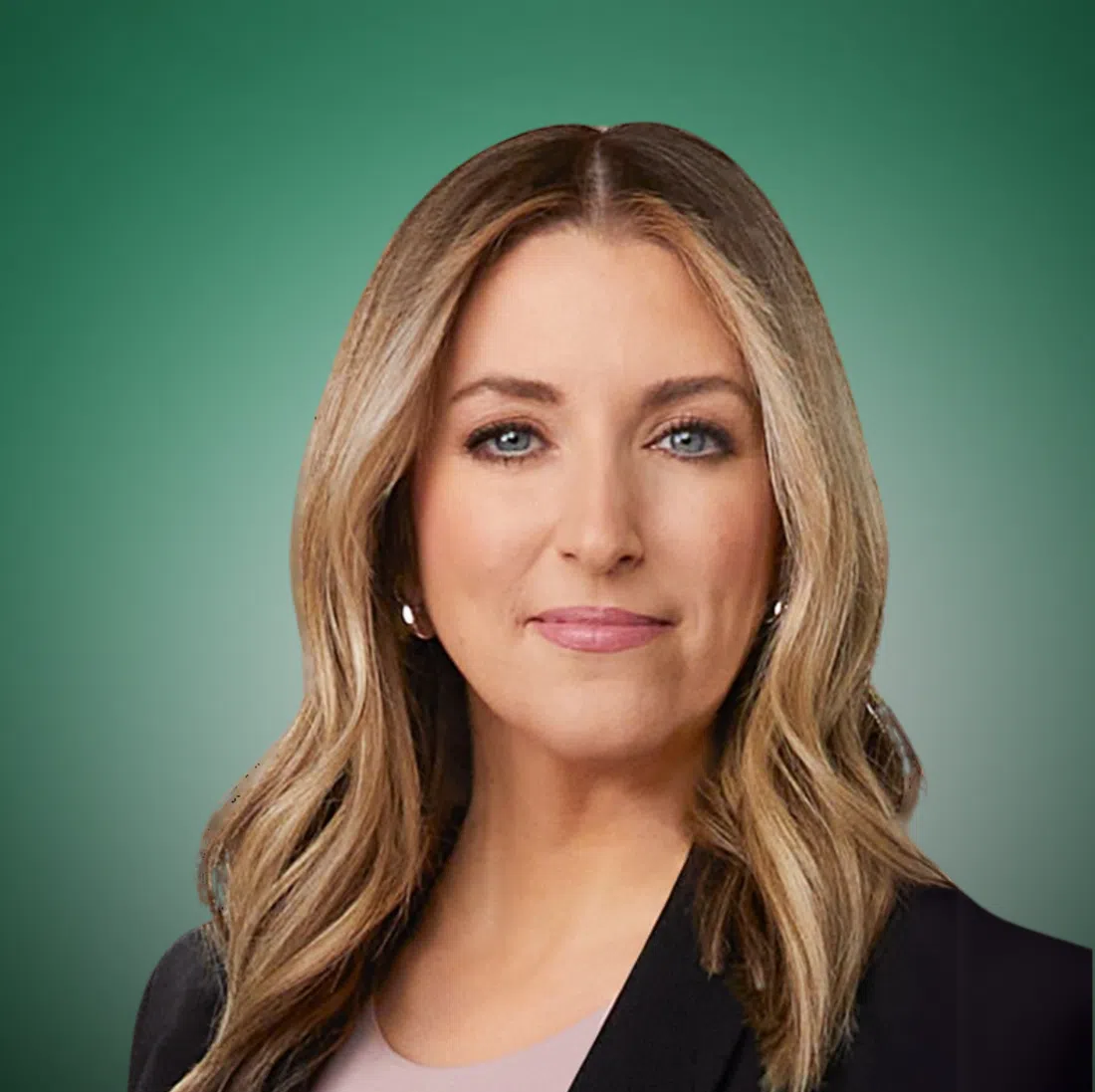The Canadian government is offering nearly $200 billion to provinces to help with health care in the country over the next decade.
During a meeting with premiers Tuesday in Ottawa, Prime Minister Justin Trudeau laid out the details of the 10-year, $196-billion deal. Only a quarter of that is new money, however.
That wasn’t what the premiers wanted to hear. They were hoping to see an immediate cash injection of $28 billion and yearly increases after that, but Ottawa has offered an estimated $46 billion in new funding over 10 years.
“To say the least, I think we were a little disappointed at that …,” Manitoba Premier Heather Stefanson, the chair of the Council of the Federation, said after the meeting.
“We just received that proposal today, there’s a lot of details within that proposal, we’ve only had it for a couple of hours, and we want to ensure that we have the time to go back to our individual areas across the country, our provinces and territories, and make sure that we see what does that really mean for our areas.
“Of course, it is more money than it was yesterday, but again, I think a little disappointing in terms of the new money that was there.”
Premier Scott Moe agreed with Stefanson on the importance of reviewing the proposal and all of its nuances, including one offering $2 billion for Indigenous priorities.
“That’s an example of why I think we need a couple of days to digest — and our teams to digest — the detailed information that we were provided with today, figure out exactly what type of an impact it does have for each of us, and then come back with a response as to where we are going with this funding and what ultimately we could utilize it for and what type of a difference it may or may not make,” Moe said.
Trudeau said the plan includes an immediate, unconditional top-up of $2 billion to the Canada Health Transfer to ease the intense pressure on hospitals across the country.
The proposal also includes a promise to increase the annual Canada Health Transfer over the next decade by another $17 billion above previous commitments.
As well, $25 billion will be sent over 10 years through one-on-one agreements with each province for four priority areas: Family medicine, surgical backlogs, mental health and modernizing data-collection systems.
Trudeau said the agreements with the provinces can be flexible, but they’ll have to detail how they plan to spend money and how they’ll measure progress in those areas.
Before the meeting, Trudeau said that while Canadians are proud of the public health-care system, it needs work.
Moe said Sunday he expects new money from the feds would be split between an increase to health-care transfers and other money put into targeted envelopes.
“In order to address the challenges that are similar but often different as well across the nation, we are going to need some flexibility across Canada in how we’re going to invest those dollars,” Moe said at the Regina airport. “More in the Canada Health Transfer is, I think, ideal from the premiers’ perspective.”
Moe has said many times before that he believes the federal government needs to return to paying for 35 per cent of province’s health-care expenses, which would represent an increase of billions of dollars at this point.
“I think the expectations the public can have is that the investments being made today in province after province be sustainable well into the future to ensure that we’re not going to take a step back,” Moe said.
Moe said he’d been looking to use more federal money to make headway on Saskatchewan’s surgical wait times initiative.
Less ‘American-style’ health care
Before Tuesday’s meeting, Saskatchewan NDP Leader Carla Beck sent out a statement on what she’d like to see, saying that any proposal from the federal government would need to respect provincial control over health care and be flexible so it could meet Saskatchewan’s needs.
“After over a decade of Sask. Party damage to our health system, we need to ensure new funding needs will be directed to the front lines in consultation with the experts and won’t be used to expand American-style for-profit health care which has doubled wait times for MRIs and has added more than 7,000 people to the surgery wait list,” Beck wrote in the statement.
— With files from The Canadian Press











